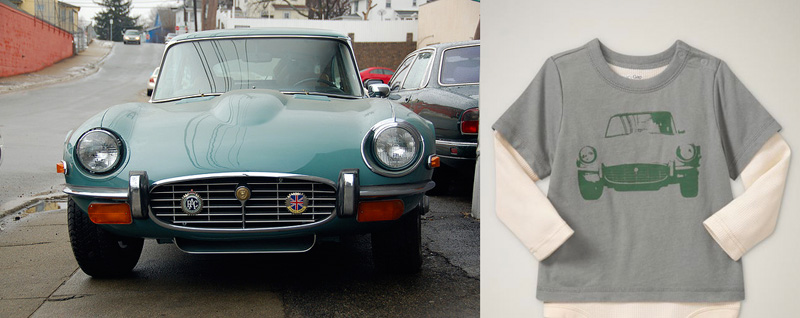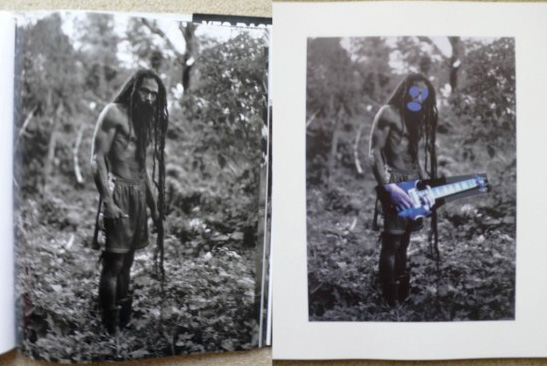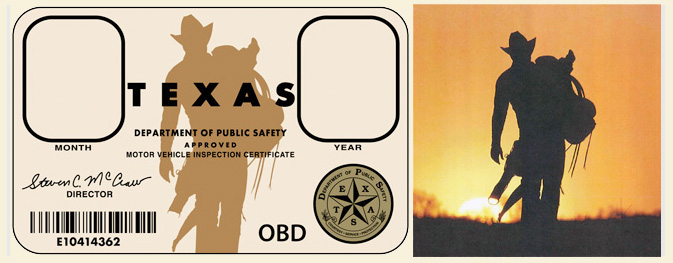Sometimes, I decide what to write about on TOP. Sometimes, my readers decide—I get so many "tips" about one item that I almost have to link to it—in self-defense, just to stop the avalanche. (Note that I do appreciate such tips; those tipsters, especially en masse, are seldom wrong.)
The latest item that my readers collectively want me to link to is a blog post by Kickstarter founder Andy Baio called "Kind of Screwed." Seems Andy created a quirky/amusing 8-bit (electronica) tribute/cover to Miles Davis's Kind of Blue a while back. He called it Kind of Bloop (samples here), and he carefully cleared the rights to all the songs and conscientiously paid his musicians.
He just forgot to clear the rights to the cover. Which happens to be one of Jay Maisel's most famous pictures and one of the few instantly recognizable images in music publishing.
Long story short, Jay's lawyers came after him, and he had to settle out of court for $32,500.
Andy thinks his use was Fair Use and that he would have won the case if it had gone to trial. "Kind of Screwed" is cast as an eloquent appeal for sympathy by a nice, well-meaning guy (which Andy certainly seems to be), and several commentaries on the web (I'm not going to link to any) have cast this as a case of big, bad lawyers screwing the little guy out of his legal rights.
Trouble is, both Ctein and I think that's wrong.
I side with Jay in this one. That is, I think the Kind of Bloop cover is indeed a case of infringement and does not qualify as Fair Use. I'll let Ctein expain it in more detail if he cares to, since he knows more about copyright law than I do, but the issue hinges on "derivative" vs. "transformative" works of art. You're allowed to transform (create something new on the shoulders of the old); you're not allowed to derive (copy, even loosely—even in another medium).
Sometimes it does take a jury to decide which is which. Sad but true.
I'm very sorry Andy had to pay so ridiculously much money for the simple sin of forgetting to clear the rights to an image—and the money does indeed have a tendency to get stupid once the lawyers have to get involved—but I'm afraid that's what he should have done; only a jury could decide definitively, but I believe he would have lost his case purely on its merits.
And Jay might have let it slide (we haven't heard his side of the story, n.b.). But as the aggrieved party, he gets to decide.
Mike
ADDENDUM by Ctein: Personally, I think Andy's wrong, and his big tactical mistake was being so firmly convinced he was right that he decided to fight instead of begging forgiveness.
He doesn't seem to understand that the specific major compositional and design elements in a photograph are protected, not just the fine details. There's solid case law backing that up. His work is only minimally transformative—there's also solid case law that converting a photograph to another medium, such as drawing, painting or serigraph, is not inherently a transformative act.
To my eye, his conversion is far too faithful to the original, and doesn't come close to evoking the minimalist nature of 8-bit game console graphics. If I were on a jury, it wouldn't take me more than a minute to decide, "Derivative, not transformative."
Now, if he'd really gone for minimalist, he might have a good case. Artistically, I'd have opted for third or fourth from the last of his variations, at the bottom of the page. There he really is abstracting key elements in a way that could plausibly be argued to be transformative. But his original? Just the same photo, seen through a glass, darkly.
There are lots of grey area in Fair Use. (I really wish the Obama Hope case had gone to trial—it fell smack dab in the middle of the legal playing field and would have made GREAT case law, clarifying a lot of points.) Andy's case, I'm afraid, isn't one of them.
Anyway, that's how I'd come down on this one, were I the adjudicator. I'm really sorry he got kinda screwed over it; he seems like a nice and well-meaning chap. But I think he really got it wrong.
Send this post to a friend
Please help support TOP by patronizing our sponsors B&H Photo and Amazon
Note: Links in this post may be to our affiliates; sales through affiliate links may benefit this site. More...
Original contents copyright 2011 by Michael C. Johnston and/or the bylined author. All Rights Reserved.
Featured Comment by Jordan: "In the 'Kind of Screwed' blog post you linked to, Mike, Jay Maisel's lawyer is quoted as saying '[Maisel] would never have granted a license for the pixel art' and that 'he felt violated to find his image of Miles Davis, one of his most well-known and highly-regarded images, had been pixellated.' So while we haven't heard directly from Maisel, it's fairly clear what 'his side of the story' is (or at least his lawyer's interpretation of his side of the story)."
Featured Comment by Rodolfo Canet: "As Jay Maisel gets to decide, he must also assume the public impact of his decision, something very important in this case. Law technicalities and lawyer greed aside, I think the money Andy had to pay is outrageously high for the damage supposedly done, and Jay had to be aware of that. If he thinks his rights are so important to make a guy pay a one-year salary for that, it's OK, but I'm not feeling too much sympathy for him. It would be nice to hear his take of the matter, indeed. By the way, I too see the cover as 'derivative.'"
Featured Comment by Rob Atkins: "Good for Jay; he won one for all professionals. Too often 'fair use' has become 'fair excuse.'"
Featured Comment by John Camp: "As somebody else suggested, the decent thing to have done would have been to settle it with a phone call. I agree with Ctein and Mike that using the cover without explicit permission was incorrect, and with everybody else who suggested that the award was disproportionate to the crime. But, Maisel was not trying to be decent, he was trying to collect some money. This is a new crop on the Internet, and the harvests have been good. I don't want to hear about how Maisel was deprived of something—if Andy had asked for permission, and it had been refused (or if payment had been sought, and Andy decided he didn't need the art work) there would have been nothing to get. Instead, he gets quite a lot, because somebody made a mistake, and because he knows a bunch of lawyers who are willing to hurt people to make a living."
Mike replies: The story at your link is very much an evolving one, and it's evolving right now. Righthaven was dealt a substantial setback on June 14th, and the State Bar of Nevada has even gotten involved.
Featured Comment by William: "In my opinion, this case is clearly an infringement.
"In general, and not specific to the 'Kind of Bloop' case, we are still in the early stages of a new content production paradigm. Anyone can create and distribute content. This sort of freedom is unprecedented. Is anyone surprised a huge increase in freedom is accompanied by an equal increase in risk, which in turn increases responsibility? But how are on-line content providers to know it is prudent to purchase liability insurance in case they are sued? Practically no one has any sort of internal peer review or mentoring to help them get things right.
"Specific to the case, I believe that Mr. Maisel did exactly the right thing. The only thing photographers create and own is intellectual property. Mr. Maisel had no choice but to defend his livelihood. Otherwise he is effectively doing a disservice to the clients who license his work.
"Based on the statutes, the settlement amount seems fair to me. One may feel the statutes are unfair, but that's a different issue. I was wondering: how much value did the 'Kind of Blue' album cover generate over the years? Was it 5% of the gross sales? What about 1%, or even 0.1%? By the way, over 20 million copies of 'Kind of Blue' have been sold. Would it be difficult to convince a judge or jury the 'Kind of Blue' cover was responsible for 0.1% of the sales?
"Finally, once the legal system is invoked, there is no such thing as 'piling on.' For centuries the legal system was designed and intended to be an adversarial system. An attorney who is not aggressive and does not take every argument to the extreme will starve to death. I realize this aspect of the legal system is offensive to some. However, for better or worse, this is how western civilization operates."
Mike replies: William, why do I suspect I know what you do for a living? ;-)










